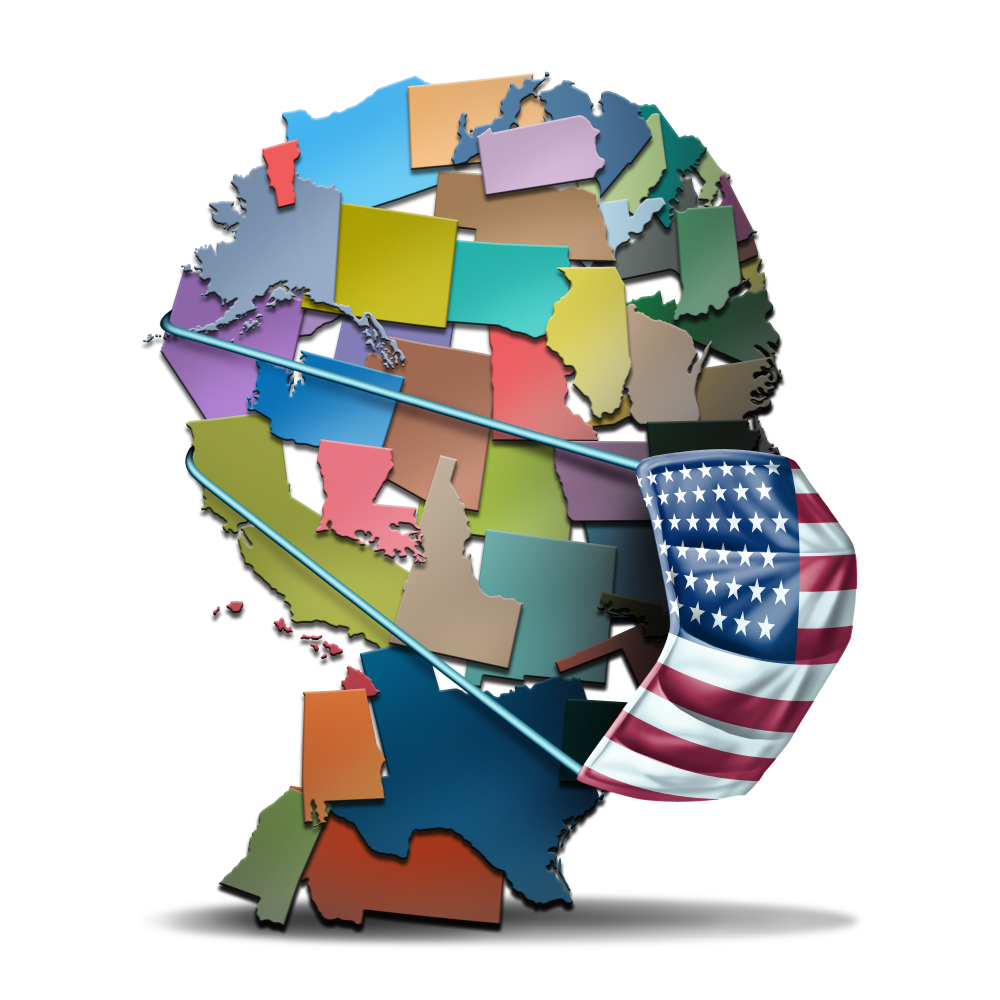
Officials from the Department of Homeland Security and the Department of Health and Human Services appeared before the Senate Homeland Security and Governmental Affairs Committee last week to address steps being taken to contain COVID-19 and prevent future epidemics.
The novel coronavirus has infected more than 100,000 people since it first appeared in China at the end of last year. More than 100 cases have since appeared in more than a dozen U.S. states, leading to at least 14 deaths.
Containing the virus has been labeled a top priority by the committee, but U.S. Sen. Ron Johnson (R-WI), chairman of the committee, also pointed out that certain matters must be ensured before it can be properly addressed. First and foremost among these was protecting the medical responders and first responders dealing with the situation.
“Second, we need a sufficient supply of testing kits to diagnose persons that have potentially been infected by COVID-19,” Johnson said. “On February 4, the FDA issued an Emergency Use Authorization for the CDC to develop test kits to be used by qualified public health labs. I hope that we can clarify the administration’s strategy for the supply and distribution of testing kits during today’s hearing.”
The Centers for Disease Control and Prevention faced a hurdle last month when it learned its diagnostic testing kits for COVID-19 were flawed and needed to be recalled. The World Health Organization (WHO) has also warned of shortages in the supply of personal protective equipment, owing to hoarding, price gouging, and inadequate manufacturing.
Johnson continued, “Finally, we need to address the insecurity of our medical supply chain, both in the short term to address COVID-19 and in the long term. The virus has produced demand for personal protective equipment approximately 100 times higher than normal, resulting in extremely high prices and a supply that may be insufficient to meet our needs. Experts have also warned that COVID-19 could result in potential shortages of drugs, as we are over-reliant on active pharmaceutical ingredients manufactured outside the U.S.”
Actions taken in response to COVID-19, Johnson added, could help lay out the preparations and actions necessary to prevent future pandemics — and demonstrate the issues with reliance on drugs manufactured outside the country.




